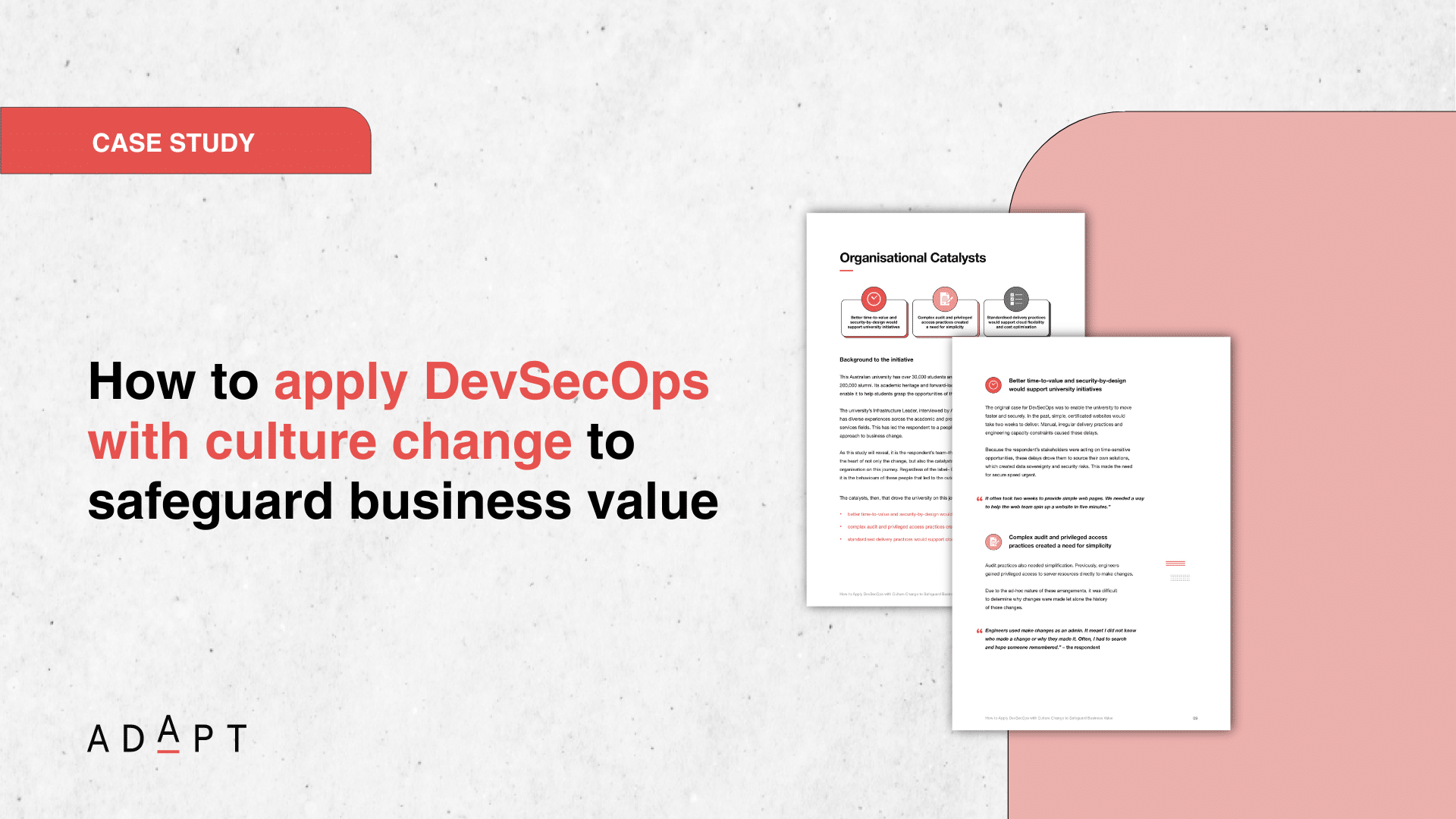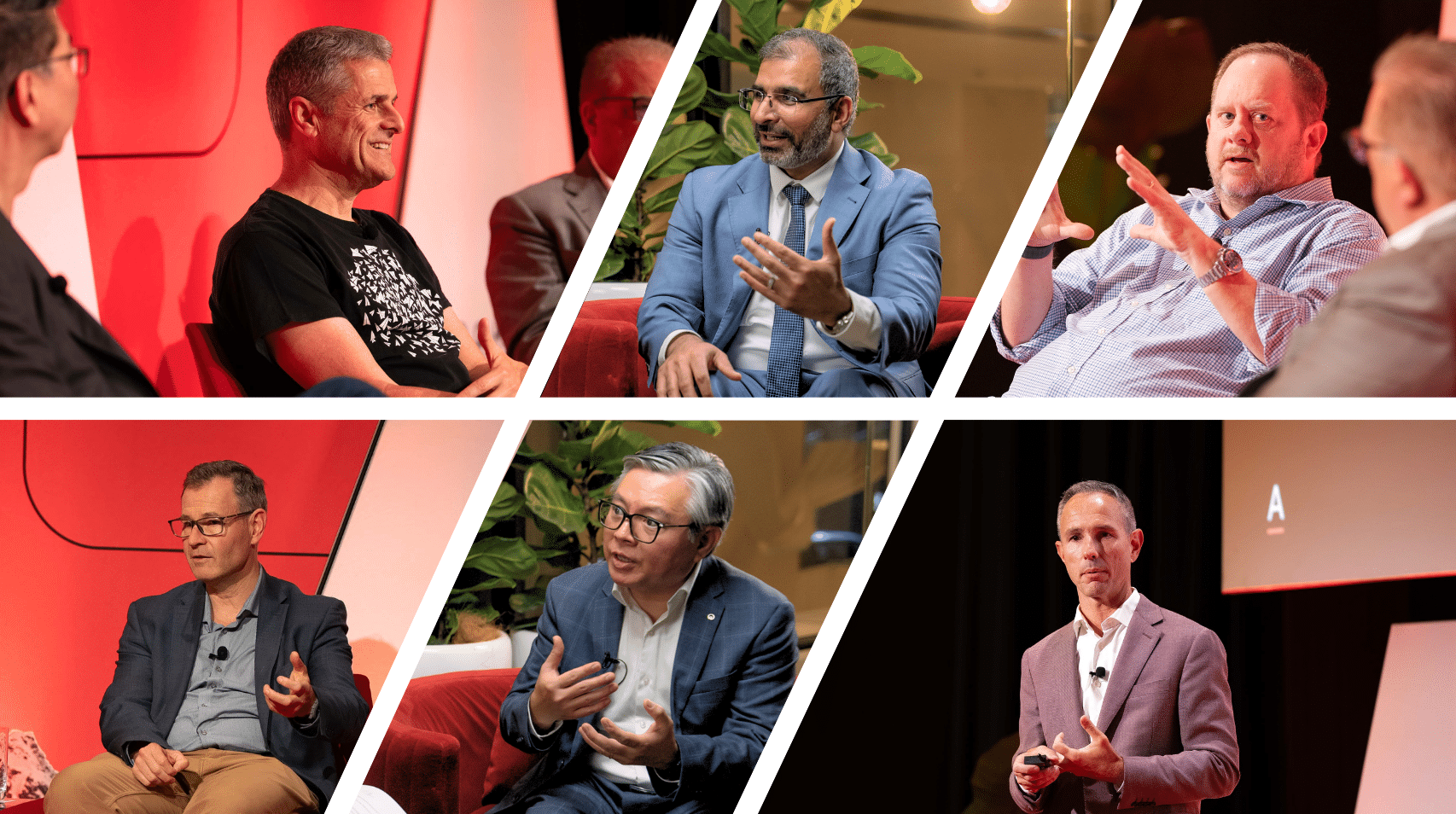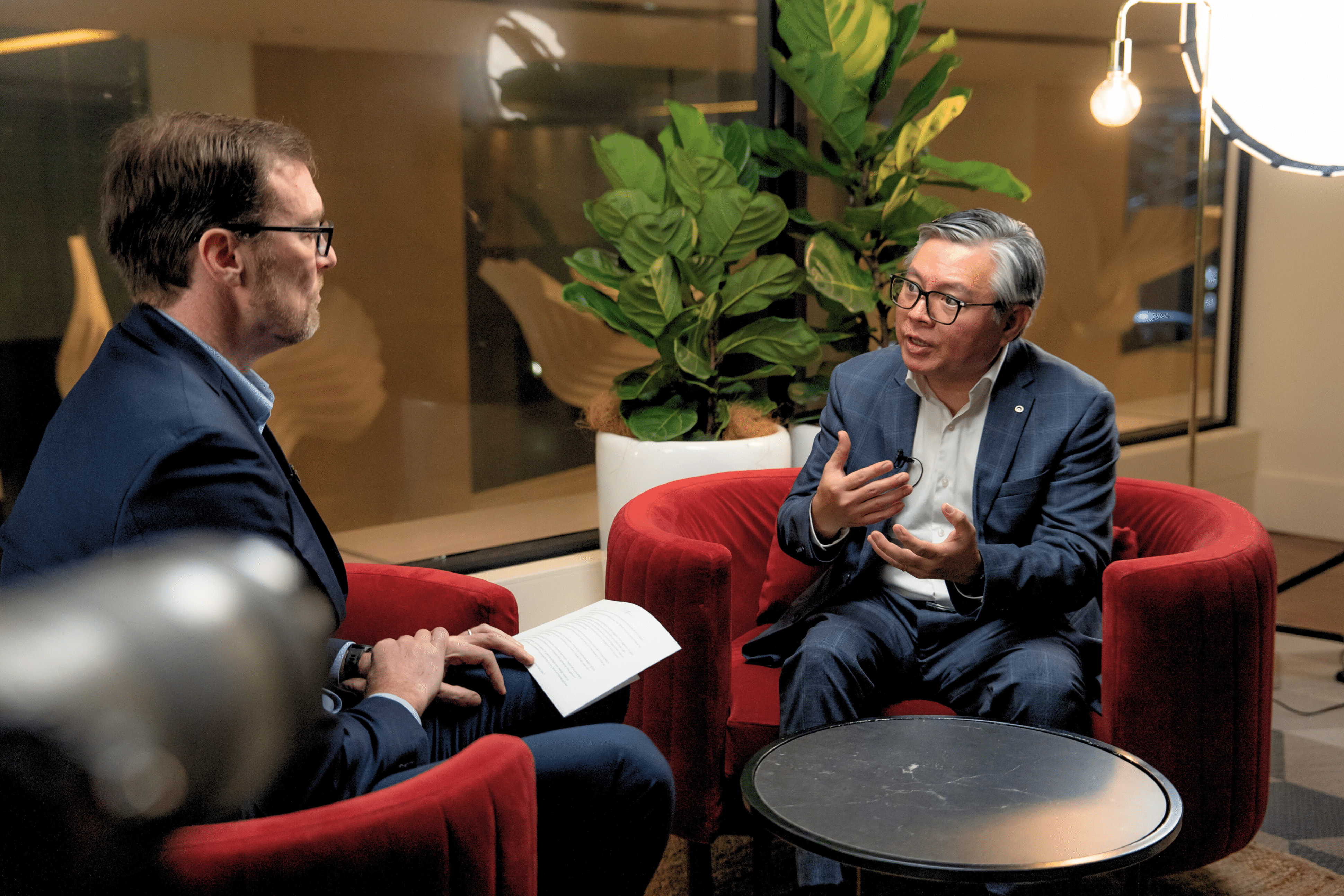In this Cloud and Infrastructure Edge interview, Metcash’s Tom Quinn explored how CIOs can lead AI change with empathy, business value and cross-functional alignment.
AI is transforming the CIO’s role from technology manager to strategic business partner.
Tom Quinn, General Manager – Core IT at Metcash, argues that trust, education, and empathy are essential.
Rather than sell AI as just a cost saver or revenue booster, CIOs must show its potential for long-term value.
That means articulating how it enhances business outcomes, whether by improving availability, customer insight, or supply chain performance.
He cautions against using alienating language like “tech debt” to describe older systems, emphasising that legacy technology often underpins daily operations and deserves respect.
Retail, like many industries, is grappling with ageing infrastructure and thin margins, yet innovation is essential to stay competitive.
ADAPT data highlights that 25% of organisations are repatriating workloads from cloud to on-premises due to cost and compliance, showing the growing complexity of hybrid environments.
Retailers, in particular, are deeply attached to their systems, so CIOs must carefully build “as-is” and “to-be” technology roadmaps that balance risk, business flexibility, and affordability.
Investing in future readiness, such as Metcash’s Retail Media Network, often hinges on upgrading CRM and loyalty platforms, investments that would be impossible without a clear value case.
The pace of AI disruption requires leaders to bring their workforce on the journey.
With only 36% of leaders effectively linking cloud spend to business value, CIOs must champion clearer metrics and engage cross-functional stakeholders.
Skills shortages in AI, DevOps, and security add to the challenge, prompting both internal capability-building and smart external partnerships.
Tom warns that roles in law, accounting, and development will be particularly impacted and urges individuals to learn how to use AI agents in their work.
He envisions a near future where digital agents sit alongside people in the organisational chart, augmenting, not replacing, the indispensable human element.
Key takeaways:
- CIOs must become trusted advisors, not just tech leaders: Building credibility with CEOs through business alignment, education, and empathy is crucial to leading AI-driven transformation. Avoid alienating language like “tech debt” and focus on value.
- Legacy systems and hybrid complexity demand smarter strategy: With 25% of organisations repatriating workloads and many operating on thin margins, CIOs must create realistic, risk-aware tech roadmaps that balance innovation with affordability.
- AI is reshaping work, and skills must evolve fast: Only 36% of leaders link cloud spend to business value, and talent gaps in AI, DevOps, and security are growing. Upskilling and strategic outsourcing are essential to staying competitive in the AI era.






























